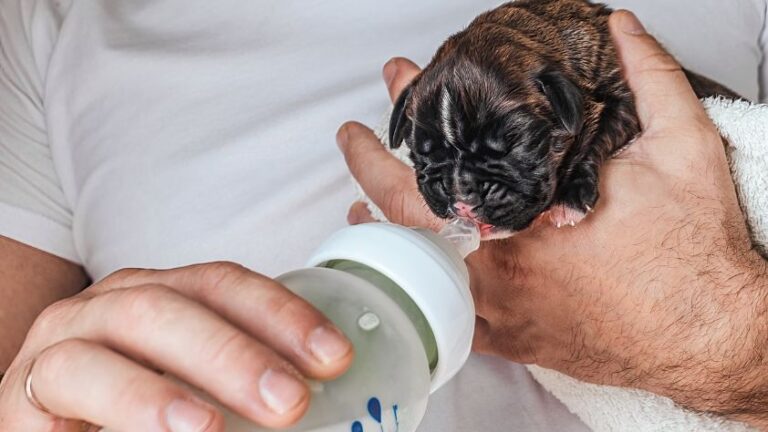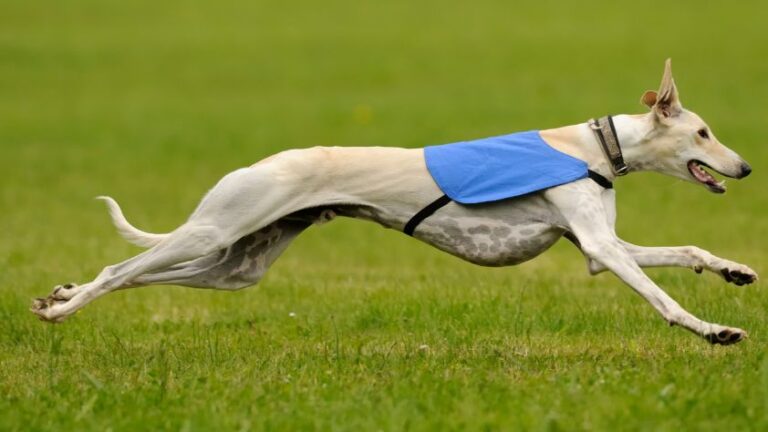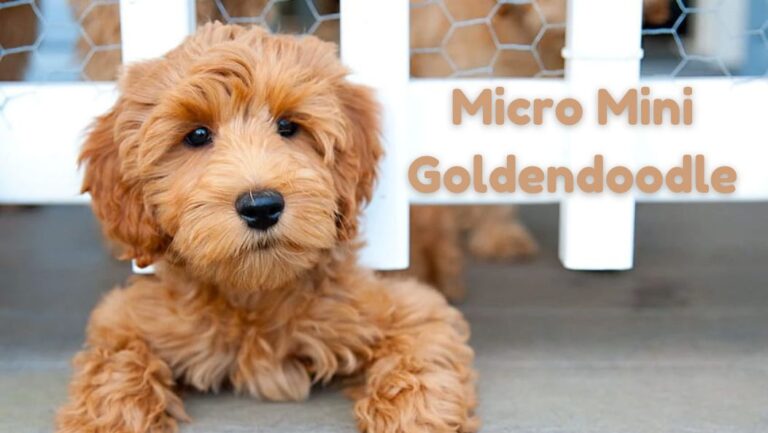
Bringing home a new puppy is a joyous occasion, filled with anticipation and the promise of endless companionship.
As you embark on this heartwarming journey of puppy parenthood, it’s important to be well-prepared and equipped with the right knowledge.
This comprehensive guide unveils the essential steps and considerations for seamlessly welcoming your furry friend into your home.
From choosing the perfect breed to navigating the intricacies of early training, this new puppy catalog has you covered, ensuring that you and your new companion form a bond that will last a lifetime.
In the first steps of this guide, we’ll go over the critical decisions before bringing home a new puppy.
Choosing the right breed sets the foundation for a harmonious coexistence by aligning your pup’s energy and needs with your lifestyle.
We’ll also explore the importance of puppy-proofing your home, creating a safe environment where your furry friend can thrive.
This initial phase is all about preparation – making sure you have the right supplies and a safe place for your new family member.
As we progress, the guide transitions to the heart of puppy care: health, nutrition, and training.
The new puppy catalog will take you to the main first vet visit, where you will establish a healthcare routine for your pup.
From nutrition tips tailored to your puppy’s needs to basic training techniques, we’ll cover every aspect so that your puppy not only grows up healthy but also becomes a well-behaved and beloved member of your family.
Stay with us on this journey, and you’ll see that the New Puppy List isn’t just a checklist; It’s a roadmap to a joyful and fulfilling companionship with your new furry bundle of joy.
New Puppy List: Your Ultimate Guide to Puppy Parenthood Begins Here
1. Choosing the Right Breed for Your Lifestyle
When considering a new puppy, it’s important to choose a breed that aligns with your living space and routine.
Whether you’re into active outdoor activities or prefer a laid-back lifestyle, there’s a perfect furry companion for everyone.
2. Puppy-Proofing Your Home: Creating a Safe Haven
Puppies are curious by nature, and your home may seem like an adventure playground to them.
Protect their well-being by taking steps to puppy-proof your living area.
Eliminate potential hazards, secure loose cords, and invest in baby gates to create a safe haven.
3. Essential Supplies for Your New Family Member
Prepare for your puppy’s arrival by gathering essential supplies. This includes a cozy bed, durable chew toys, food and water bowls, premium puppy food and grooming equipment.
Having these things ready will make the first few days with your new puppy much easier.
4. The First Vet Visit: Ensuring a Healthy Start
Schedule your puppy’s first vet visit right after you bring him home.
This initial checkup will establish a baseline for their health and allow you to discuss vaccination schedules, parasite prevention, and any specific concerns you may have.
5. Nutrition Matters: Choosing the Right Puppy Food
Choosing the right puppy food is crucial for their growth and development.
Consult your vet to choose a balanced diet for your puppy’s breed and size.
Remember to establish a consistent feeding schedule to promote healthy eating habits.
6. Basic Training: Setting the Foundation
Begin initial training to establish good behavior.
Introduce basic commands like sit, stay and come by practicing positive reinforcement.
This not only establishes a bond between you and your puppy but also makes them a well-behaved member of the family.
7. Socialization: Exposing Your Puppy to the World
Early socialization is the key to a well-adjusted adult dog.
Introduce your puppy to different environments, people and other animals.
This exposure helps build their confidence and reduces the likelihood of behavioral problems down the road.
8. Playtime and Exercise: Keeping Your Puppy Active
Puppies have unlimited energy, and regular playtime is essential for their physical and mental well-being.
Invest in the right toys and engage in interactive play to ensure your puppy gets the exercise it needs.
9. Grooming Basics: Caring for Your Puppy’s Coat
Establish a fitness routine early. Brush your puppy’s coat regularly, bathe him as needed, and pay attention to the health of his nails and teeth.
This not only keeps them clean but also promotes overall well-being.
10. Dealing with Common Challenges: Patience is Key
Puppies can face challenges like teething and potty training. Approach these obstacles with patience and positive reinforcement.
Consistency in your approach will help your puppy adapt and learn quickly.
11. Building a Strong Bond: Quality Time Matters
Spend quality time with your puppy to build a strong bond.
Whether it’s daily walks, playtime, or just relaxing together, this connection is crucial to a happy and harmonious relationship.
12. Monitoring Growth and Development: Milestones Matter
Keep track of your puppy’s growth and development milestones.
These include weight gain, teething stages and other developmental markers.
Understanding these milestones helps you provide the best care for your growing pup.
13. Traveling with Your Puppy: Tips for a Smooth Ride
If you plan to travel with your puppy, make sure they are comfortable and safe during the trip.
Use a secure carrier, pack familiar items, and take potty breaks and exercise breaks.
14. Celebrate Each Step: The Joy of Puppy Parenthood
Every small achievement, from successful training sessions to beautiful moments, is a reason to celebrate.
Embrace the joys of puppy parenthood and cherish the unique bond you’re forming with your new family member.
15. Conclusion: A Lifetime of Love and Companionship
As you begin this journey with your new puppy, remember that patience, love and careful preparation are the keys to success.
Your commitment to providing the best care will be rewarded with a lifetime of love and companionship.
Frequently Asked Questions (FAQs)
How often should I groom my puppy’s coat?
Regular grooming is essential. Aim for at least once a week, adjusting depending on your puppy’s breed and coat type.
When should I start socializing my puppy?
Start socializing your puppy as early as possible, ideally between 3 and 14 weeks of age.
What is the best way to handle dental problems?
Provide appropriate chew toys, and consider freezing them for extra comfort during teething.
Can I train my puppy to use a specific area for potty breaks?
Yes, consistent training and positive reinforcement can help establish a designated potty area.
How can I ensure a smooth transition for my puppy during travel?
Familiarize your puppy with the travel carrier, take short practice trips, and bring comfort items to make their journey easier.






